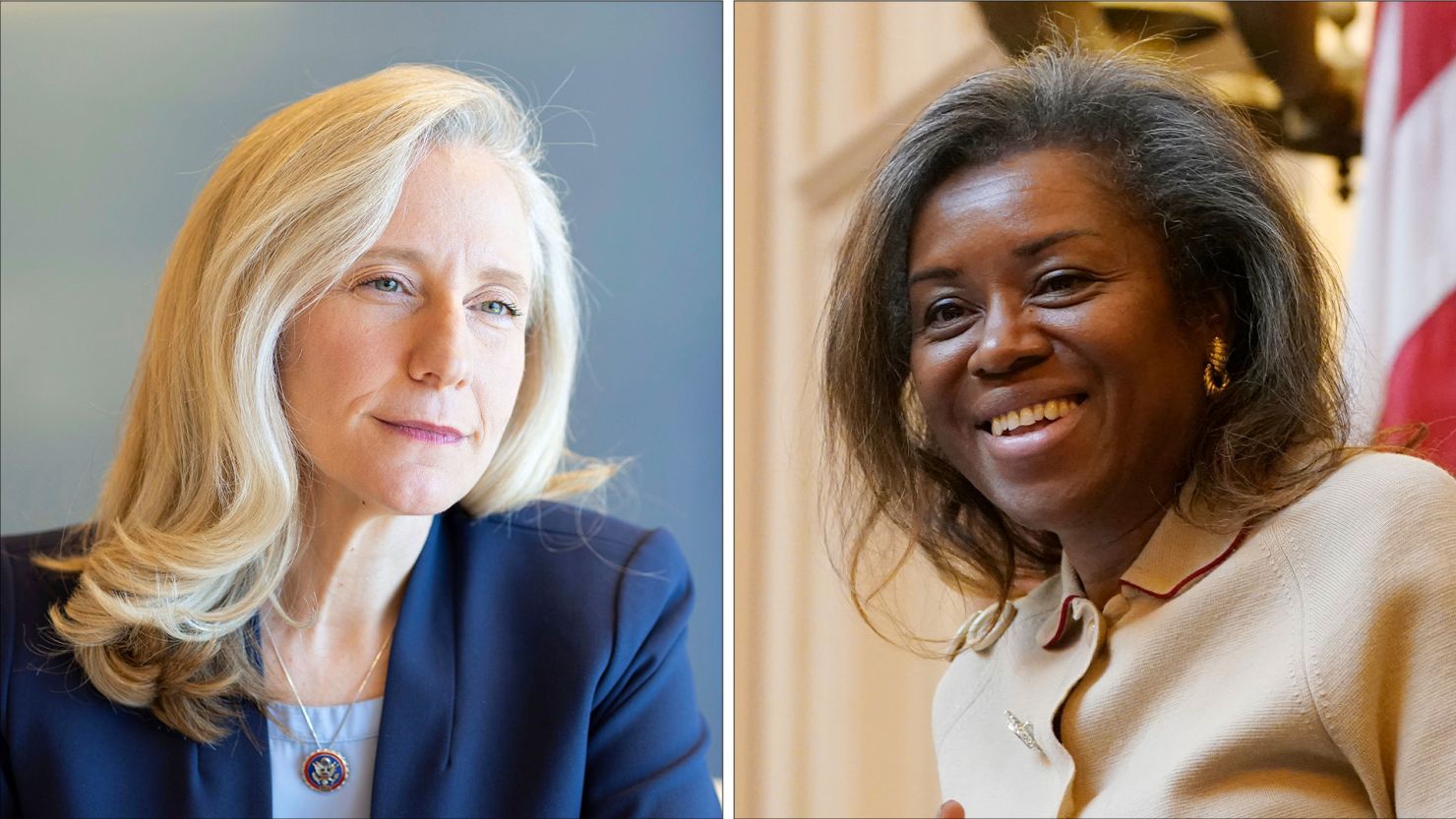
WafricNews - June 17, 2025
History is on the ballot in Virginia this November. No matter who wins, the state will elect its first-ever woman governor: either Democrat Abigail Spanberger or Republican Winsome Earle-Sears. But if voters were expecting fireworks around that milestone, they might be surprised to find both candidates largely sidestepping the gender narrative.
Spanberger, a former CIA officer and three-term congresswoman, and Earle-Sears, Virginia’s current lieutenant governor and a former Marine, are both running on cost-of-living relief, job security, and energy policy. Neither campaign is placing the historic nature of their candidacy front and center—though its significance is impossible to ignore.
Two Women, Two Different Paths
Spanberger, running unopposed in the Democratic primary, has framed her campaign around economic pressure points affecting everyday Virginians. Speaking recently in Norfolk alongside local officials and residents, she emphasized practical goals like lowering energy costs.
“I hear it every day—people are hurting, and they want leadership that gets things done,” Spanberger said. While voters occasionally note their excitement about potentially electing Virginia’s first woman governor, she insists her focus is policy over symbolism.
“I’m running to govern,” she told CNN. “If I make history doing it, that’s an honor—but not the mission.”
Former Attorney General Mary Sue Terry, who herself came close to breaking Virginia’s glass ceiling in 1993, backs Spanberger but is clear-eyed: “It’s not about electing a woman. It’s about electing the right woman.”
Earle-Sears, who made history in 2021 as the first Black woman elected statewide in Virginia, is also steering clear of identity-first messaging. “I think people are looking past my skin color and gender,” she said during a phone interview. “They want solutions.”
Running in lockstep with Governor Glenn Youngkin’s pro-business, low-regulation legacy, Earle-Sears is promising tax cuts, including the elimination of Virginia’s 4.15% car tax. “I haven’t stopped campaigning since 2021,” she said confidently.
Why Gender Still Matters — Even If They’re Not Saying It
Despite both candidates focusing on policy, gender looms in the background of the race. Virginia remains one of 18 U.S. states to have never elected a woman as governor. Across the country, only 12 women currently serve as governors—a fraction of the national total.
Political experts say voters may not be moved by gender alone, but it inevitably shapes campaigns—whether explicitly acknowledged or not.
“Women candidates don’t have to lead with gender to be influenced by it,” said Kelly Dittmar of the Center for American Women in Politics. “Their lived experiences are gendered, and that informs their leadership styles, their messaging, and how voters perceive them.”
Academic studies show voters often associate legislative work—seen as collaborative—with women, while executive positions like governor are traditionally linked to male traits such as authority and decisiveness. It’s part of the reason why, historically, women have found it easier to win seats in legislatures than governorships.
Power, Perception, and the Post-Harris Era
The 2025 race comes amid a broader recalibration of how gender and identity shape political campaigns. The Democratic Party is still assessing lessons from Kamala Harris’ 2024 defeat to Donald Trump, eight years after Hillary Clinton’s own loss. Meanwhile, Republican candidates like Earle-Sears navigate a party base less motivated by representation and more by ideological alignment and perceived strength.
“Republican voters aren’t interested in symbolic firsts,” said GOP strategist Amanda Iovino. “They want grit and policy chops.”
Still, observers say the outcome in Virginia could influence how parties approach female leadership in future elections—especially in swing states.
Former Governor Douglas Wilder, who made history as the nation’s first Black governor in 1989, said identity should never be the sole argument for leadership.
“If you make your case to the people, that should be enough,” said the 94-year-old icon. “Race, gender, party—those are not what win elections. Ideas do.”
What Comes Next
As Virginia heads toward a groundbreaking November, both Spanberger and Earle-Sears appear content to let voters make history without making it the centerpiece of their campaigns.
But for millions watching—from Richmond to rural Appalachia to campaign war rooms across America—the symbolism is unmistakable: a Southern state, long shaped by tradition, preparing to hand over the governor’s office to a woman for the very first time.
By WafricNews Desk.
By WafricNews Desk.


Comment
To post a comment, you have to login first
LoginNo Comments Yet...